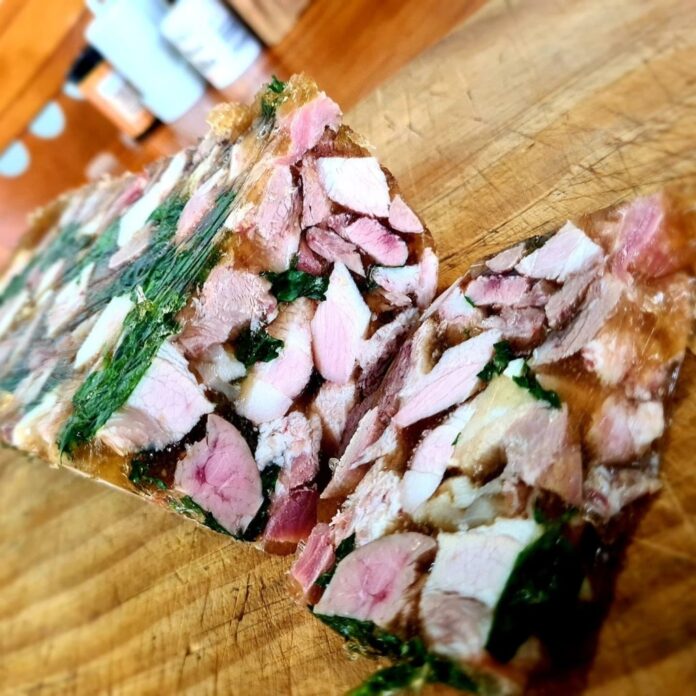Source: Eastern Institute of Technology – Tairāwhiti
4 mins ago
Finding different ways to cook offal – often one of the forgotten parts of an animal – was the lockdown challenge for EIT Level 4 Cookery students.
While offal is not part of some people’s diet, it can be a sought-after dish, which offers variety to a meal.
Amanda Libeau, Chef Tutor in EIT’s School of Tourism and Hospitality, says she wanted her students to explore different cooking techniques at home, without having to spend too much money in the process.
“I didn’t want to put too much pressure on them to have to pay for ingredients, so I gave them the option to either cook the offal or just to research some traditional offal dishes.”
“It seemed to work quite well, with those who wanted to give it a go, doing so, while the other students still got to learn.”
Of the 16 students in the programme, eight chose to cook the offal, while the remainder researched different offal recipes.
“I was quite impressed they used different cuts of offal. A lot of them hadn’t eaten offal before, so it was a good opportunity for them to try it themselves in the safety of their own homes.”
What appealed to Amanda when she set the assignment is that offal is cheap and readily available at supermarkets. Students were advised to purchase offal as part of their normal supermarket visit and as per all lockdown guidelines. The students could choose any offal they wanted and the choice of dishes ranged from sweet breads to liver and kidneys.
The next part of the assignment was for students to post photos of their final product on the class Facebook group, along with a recipe.
“Seeing the photos motivated the rest of the class to give it a go.”
One student made brawn, a two-day process which involved cooking a pig’s head, using the water to make a stock, thickening the stock and setting it as a terrine.
“From a teacher’s point of view, it was a massive win for me because he used a lot of the techniques that he’s learnt and he transferred that knowledge into a brand-new topic, which was offal,” says Amanda.
“It was amazing to see him do that and he got some great feedback from it in different Facebook groups.”
The only downside for Amanda was not being able to taste her students’ dishes.



